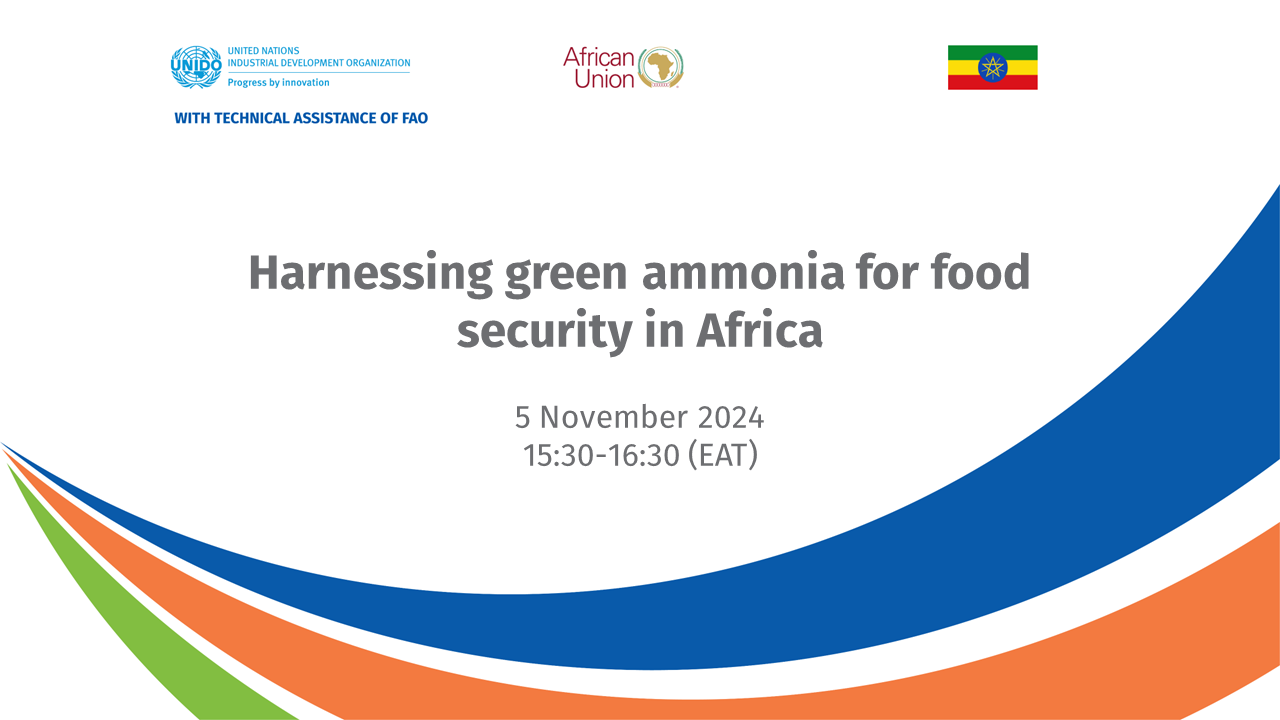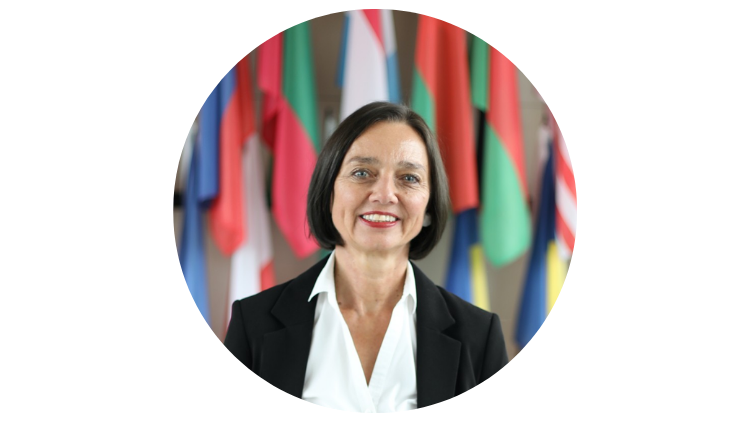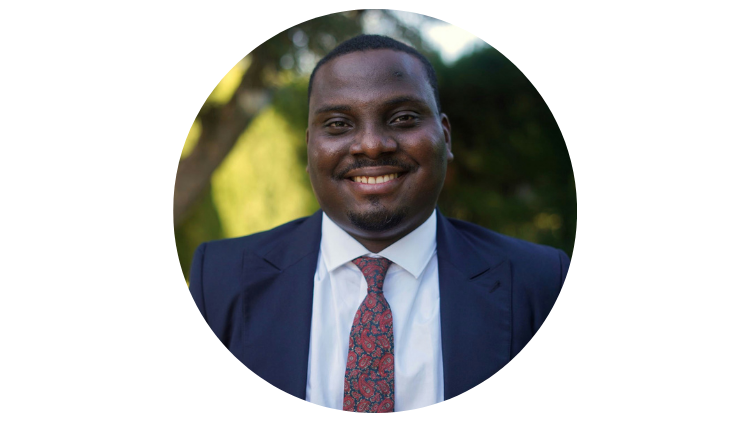


The issue:
The African agricultural sector holds enormous potential for growth and innovation. However, its development is currently hampered by challenges such as the limited availability of affordable fertilizers, soil degradation, and the impacts of climate change. These obstacles hinder farmers from developing resilient farming activities, and also pose imminent threats to food security, the well-being of millions of smallholder farmers and the establishment of small, sustainable agri-businesses. Simultaneously, most African countries are eager to advance their industrialization agenda, which would have a positive impact on the food sector.
Green ammonia is produced using green hydrogen, which is created through electrolysis powered by renewable energy. This eco-friendly alternative to traditional ammonia-based fertilizers supports a cleaner, more sustainable agricultural practices. By reducing greenhouse gas emissions and improving soil health, green ammonia aligns with global climate goals, ultimately decreasing the carbon footprint of agricultural practices. Other benefits from green ammonia production can include excess renewable electricity and additional seawater desalination capacity, that could increase supply of potable water and clean electricity to farming and rural communities. Incubated within local food production systems, the integration of green ammonia can help African nations secure their own food supplies while establishing themselves as pioneers in the fundamental global pivot towards sustainable and climate-resilient agriculture.
Objective:
To explore its transformative potential, the following panelists will shed light on how green ammonia can be a revolutionary game changer in fertilizer production.
Key guiding questions:
What are the key challenges currently facing African agriculture in terms of access to affordable and sustainable fertilizers, and what role can green ammonia play?
What are some successful case studies or pilot projects showcasing the integration of green ammonia in agri-business development (ideally in Africa), and what lessons can be learned from these experiences?
What role can international organizations like UNIDO play in supporting African countries in adopting green ammonia technology and scaling up sustainable agriculture practices?
In terms of financing, what mechanisms and investment opportunities are available to support the deployment of green ammonia production infrastructure in African countries, particularly in the context of sustainable agriculture?
How can public-private partnerships be fostered to drive innovation and investment in green ammonia technology, and what are some successful examples of such collaborations in the African context?
Expected outcomes:
Participants are expected to :
Learn about the significant potential for green ammonia for food security in Africa. Green ammonia can be a primary input helping to localize fertilizer production, reducing carbon emissions, promoting local industrialization, and creating co-benefits such as excess renewable electricity and water.
Engage with lighthouse projects and benefit from peer-to-peer learning. Using examples from Namibia and Morocco, the side event will bring together pioneers at the intersection of green hydrogen, sustainable industries, and ammonia from renewable sources.
Session format and structure:
The panel discussion will delve into the powerful interconnection between green hydrogen and sustainable agriculture in Africa. Panelists will explore the transformative potential of green ammonia as a game-changer in fertilizer production and other local applications, drawing on best practice examples from Morocco and Namibia, to derive broader conclusions applicable to other regions.
Opening remarks and moderation

Ms. Petra Schwager, Chief of Climate and Technology Partnerships (CTP) Division, Directorate on SDG Innovation and Economic Transformation, UNIDO
Petra Schwager is Chief of the Climate and Technology Partnership (CTP) Division, Directorate of SDG Innovation and Economic Transformation (IET) of the United Nations Industrial Development Organisation (UNIDO).
She has more than 20 years of experience in building-up global and national programmes for inclusive and sustainable industrial development. In this, she worked closely with governments, financial institutions, universities and industries in more than 40 countries in Asia, Africa, Central and Eastern Europe Latin America. Her field of expertise covers the promotion of innovative and circular economy approaches, clean hydrogen, resource and energy efficient solutions, renewable energy, sustainable/eco-industrial parks, green chemistry and sustainable performance-based business models. In her projects she pays special attention to gender parity, supporting women participation and leadership.
In her current position at UNIDO, she develops and manages strategic partnerships and technical cooperation on climate and technology innovation. She heads UNIDO’s Global Programme on Hydrogen in Industry to support net zero industrial and economic transformation in developing and transition countries. She coordinates UNIDOs engagement at high-level climate related policy events and is a regular speaker at high-level events, e.g. G-20, COP. She studied economics at the Vienna University of Economics and Business Administration and environmental management at the University of London.
Panelists

Mr. Saad El Makhfi, VP Supply Chain & Production, OCP Group
Saad El Makhfi is the Vice-President of supply chain and production within OCP Africa, a subsidiary of OCP Group, a Moroccan phosphate-based fertilizers production company. After 19 years of industrial experience in the phosphate rock production and valorization for fertilizers production, Saad joined OCP’s African team to contribute to the ongoing sustainable development of the agriculture in Africa face to the local and global food security challenges.

Mr Abraham Lartey, Energy and hydrogen policy researcher, SOAS London
Abraham Lartey is an economist and postdoctoral research fellow at the Centre for Sustainable Structural Transformation, SOAS University of London. His research centers on energy transition and green industrialisation in Africa, particularly green hydrogen development. He previously worked at the World Bank on the fiscal impacts of green hydrogen in Chile and served as a research fellow at the Institute for Sustainable Resources, UCL, where he assessed the economic impacts of energy and climate policies for the UK's Department for Energy Security and Net Zero.

Ms. Hiromi Suda, Business Development Manager, Tsubame BHB
Ms. Suda is in charge of marketing and business development in Africa, APAC and EU in Tsubame BHB Co., Ltd, a Climate Tech from born Institute of Science Tokyo, which promotes the Distributed Green Ammonia and Low Carbon Fertilizer local production local consumption.
Before joining Tsubame BHB, she has been engaged in SME development and entrepreneurship promotion both in Japan and developing coutries especially in ASEAN for more than 15 years and also supported Japanese SME’s business development in the developing countries as a private sector engagement offier at JICA.

Mr. Jerome Namaseb, Chief Executive Officer, Daures Green Hydrogen Village
Jerome Namaseb is the CEO of the Daures Green Hydrogen Village (DGHV, www.daures.green), a green hydrogen and ammonia, fertiliser and agriculture production project situated in Namibia. The pilot facility for the DGHV is complete with construction and will launched in Q4 2024. The DGHV project has completed its feasibility studies for a 5.5GW, 1m ton per annum green ammonia facility and is working towards realisation of industrial production of green fertiliser locally in Namibia.